A holiday with a purpose: protecting the Florida Keys
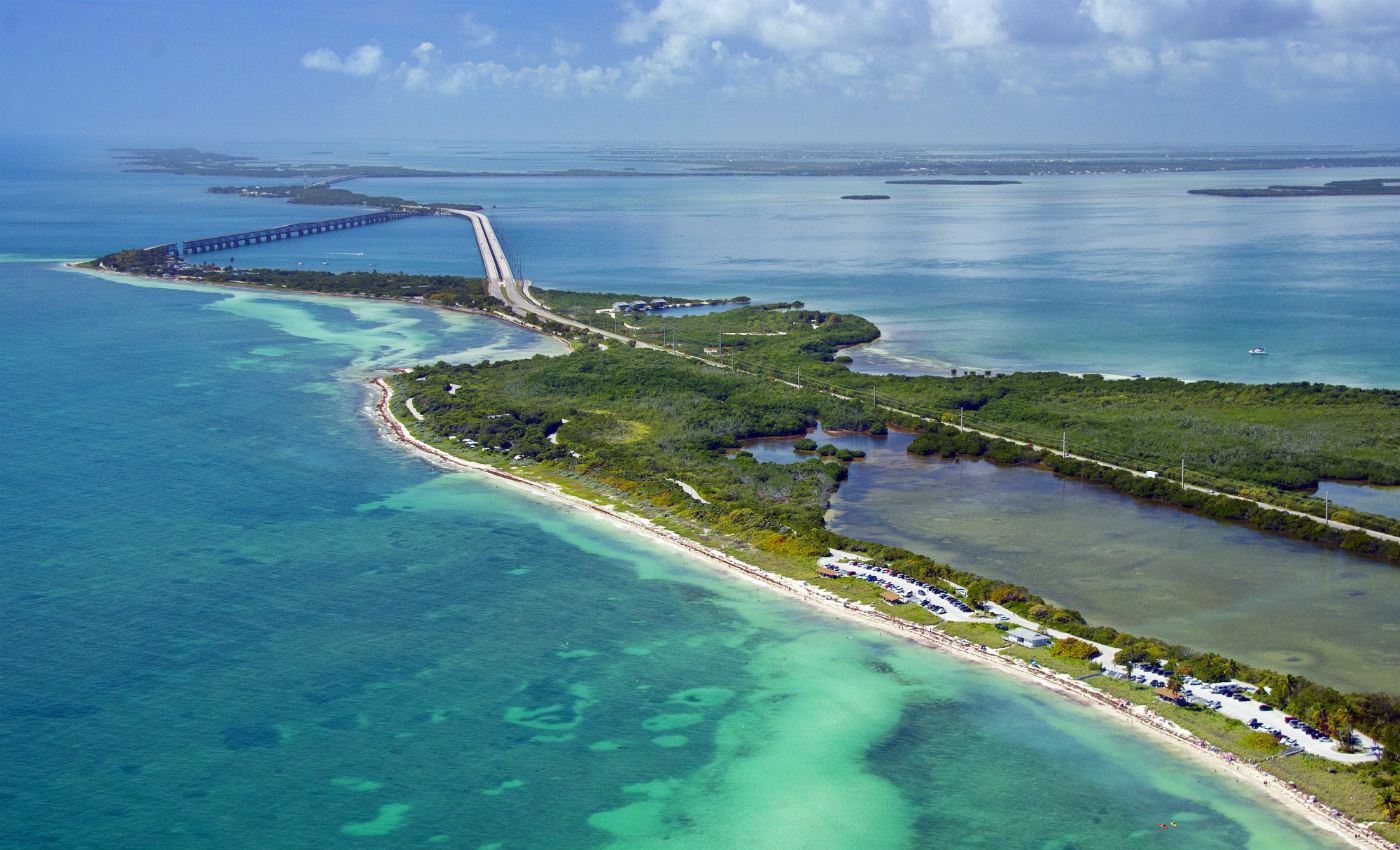
A free daily email with the biggest news stories of the day – and the best features from TheWeek.com
You are now subscribed
Your newsletter sign-up was successful
The Florida Keys, a sandy string of wildlife-dense islands flecked between the Atlantic Ocean and the Florida Bay, has for decades been a go-to destination for lovers of sun and sea. The winters are warm and the summers are even warmer, prompting temperate humid refuge from the more extreme weather of the continental United States.
As part of America it is also perhaps the most easily-accessible place one might call paradise on the planet - an 800-strong archipelago in which each crop of land is dotted along one interconnecting highway, standing as a monument to the extraordinary power of modern engineering. And at just 150 miles from Miami, the journey to Key West is just one of the great American road trips, cutting through marshland and plains and traversing bridges over the surface of endless blue ocean. And for the more nautically inclined, the archipelago can also be explored by boat.
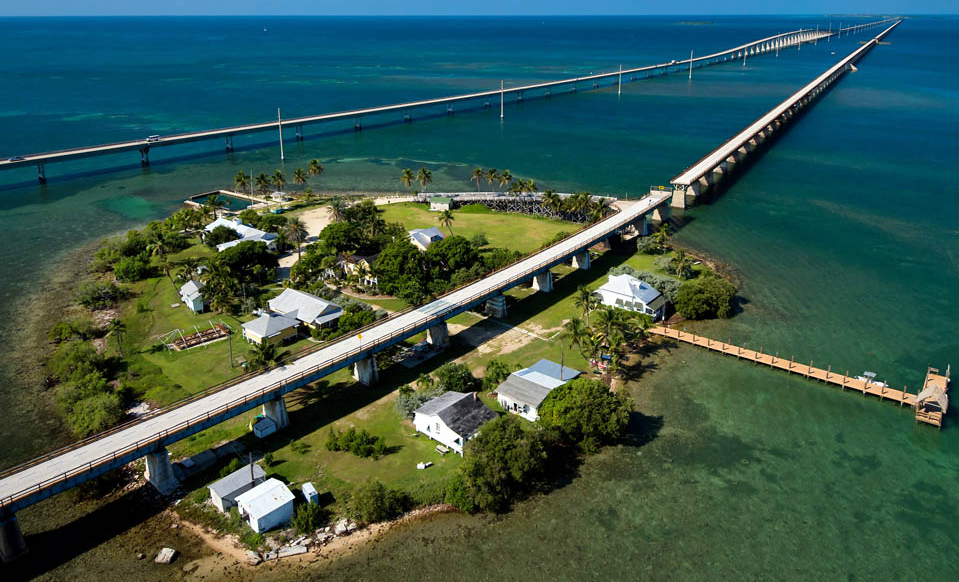
Heading out into the ocean, visitors to the Keys can dive into the abyss to explore the Florida Reef - the third largest coral reef on the planet - famed for its rugged beauty and flourishing marine wildlife. The reef is home to over fifty species of sea creature including the eye-poppingly vibrant parrotfish and the majestic stingray.
The Week
Escape your echo chamber. Get the facts behind the news, plus analysis from multiple perspectives.

Sign up for The Week's Free Newsletters
From our morning news briefing to a weekly Good News Newsletter, get the best of The Week delivered directly to your inbox.
From our morning news briefing to a weekly Good News Newsletter, get the best of The Week delivered directly to your inbox.
Yet, as seems to be the case with so many places of natural wonder in the modern age, the endless creep of humankind and climate change is starting to take its toll on the reef. The Key’s natural environment is deteriorating dramatically under the strain of such factors as water pollution, urban development and warming temperatures, and experts have warned that if damage to the ecosystem is not reversed, this gorgeous subtropical island chain could be completely dead by the year 2050.
But science also appears to be demonstrating that it’s not too late, as evidenced by Florida Keys Tourist Development Council’s decision to set-up a revolutionary campaign to help the Key’s natural environment, dubbed Connect & Protect. The program is an all-chips-in attempt by the council to promote to visitors and industry partners the virtues of preserving the archipelago’s natural resources and landscape; a perfect eco-friendly addition for those seeking an indulgent, memory-making holiday with a purpose.
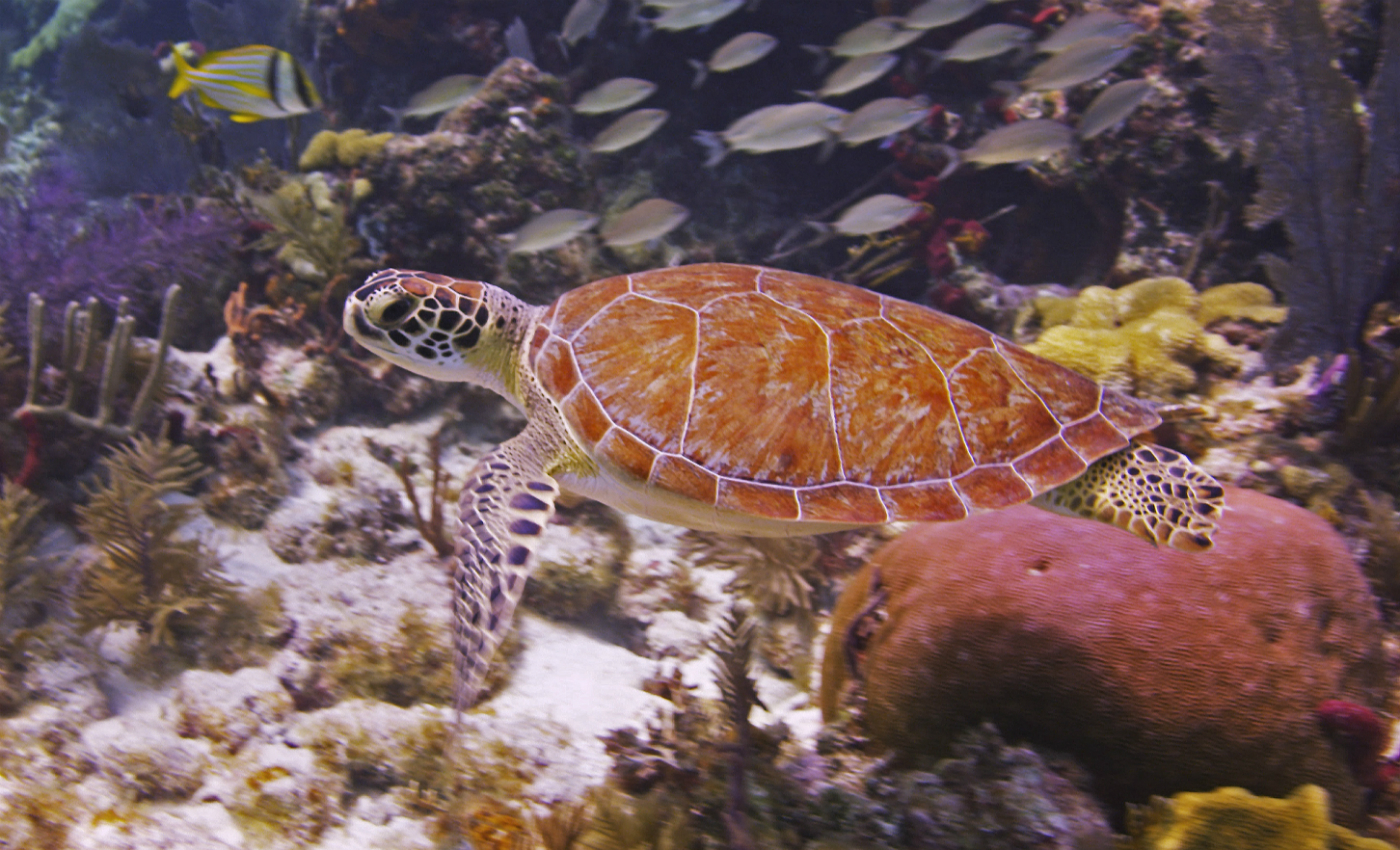
We landed in a sun-bleached Florida having left a decidedly hectic London that morning, heading straight from the plane to Islamorada, a village known for its rather unique layout, spanning six islands. This kind of bizarre waterborne deconstruction of towns and cities is a staple of the Florida Keys - a modern holiday resort that feels not too far off the Venetian hangover left by the thalassic empires of the Adriatic. Neighbours might greet each other from passing kayaks; grocery stores can be visted by yacht.
Warmed by Florida’s mercifully unchanging seasons, we checked into what would be our home for the next two nights; the Islander Resort (a greenhotels.com partner member), perched on the south-facing beach of Upper Matecumbe Key with unimpeded views of the ocean. Any first day in the Keys should really be spent doing little more the day than chilling and acclimatising - for lack of a word that makes the process sound less arduous - to southern Florida’s absolutely glorious climate, and so we spent the day lounging by the pool, intermittently spraying ourselves with reef-safe, environmentally friendly sunscreen.
A free daily email with the biggest news stories of the day – and the best features from TheWeek.com
Before long it was time for dinner, for which we went half a mile across the island to the renowned Chef Michael’s, a first-rate steak and seafood restaurant where large-leafed tropical plants sit snugly under low ceilings and the furiously-rotating fans hanging from them, evoking colonial-era island hangouts of the South Pacific. While ordering, our delightful waitress became the latest in a long line of Keys locals who strongly encouraged us to sample the lionfish - partly because it’s a much-loved local delicacy and partly because lionfish is the scourge of both coral and mangrove environments. And if eating delicate, buttery, impossibly tender seafood reminiscent of prime lobster is a legitimate way of saving the planet, it’s hard to see our meals as anything other than a win-win.
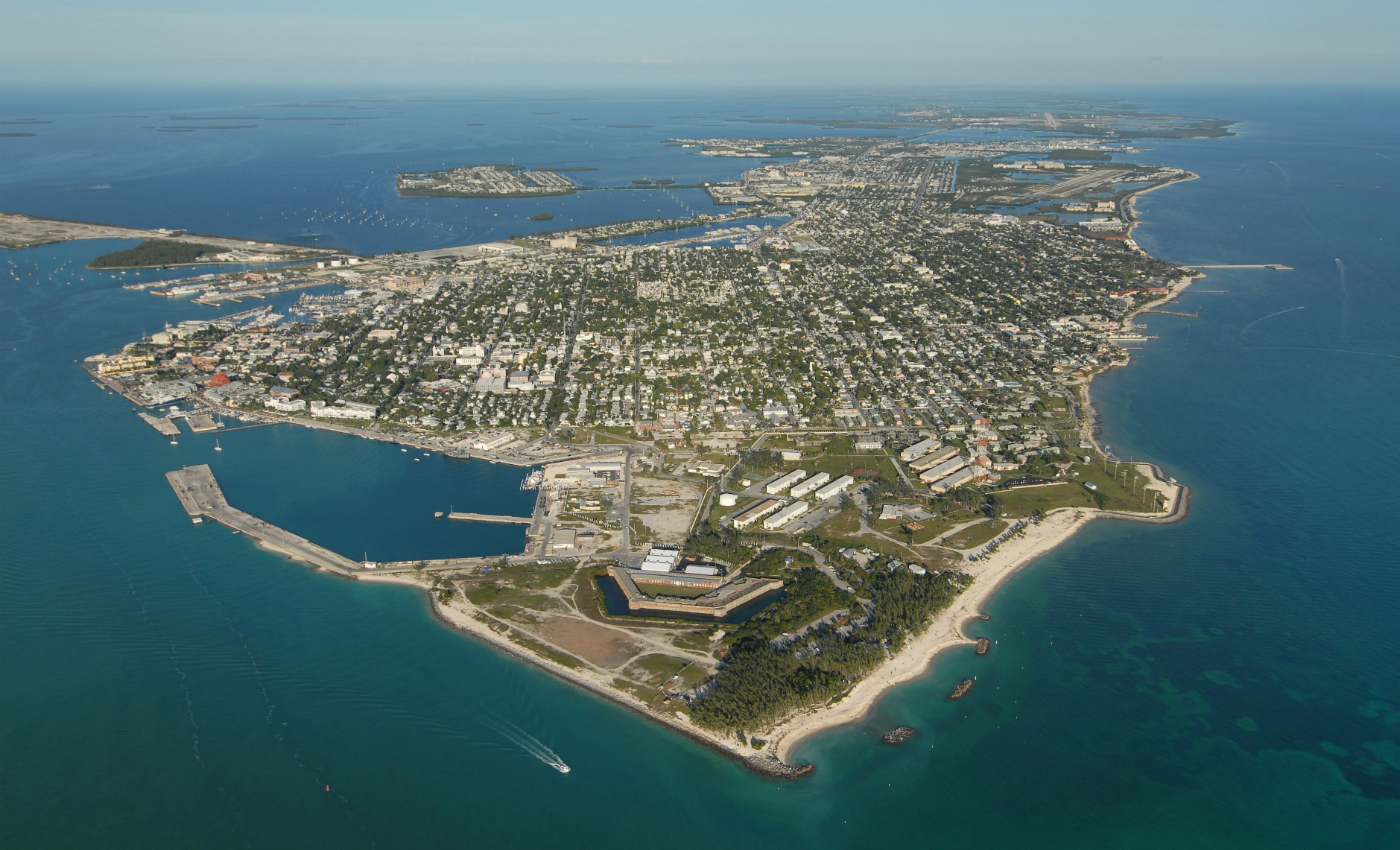
But the following day our planet-saving exploits were taken far beyond indulging in a bit of a fish-eating as we took part in an educational reef restoration excursion. After loading up on shore and pushing out to sea on a small boat, we snorkeled past colourful coral nurseries and an endless stream of bustling wildlife, which we were helped to indentify by our marine guide. After a brief underwater tour of this amazing ecosystem, we were once again able to pat ourselves on the back by planting a small amount of coral ourselves. As we headed back to the boat, a brief sighting of a turtle capped off this insightful, educational and frankly amazing experience that is well worth the time it takes.
Back on land, we celebrated our small-yet-meaningful gesture of environmental activism at The Hungry Tarpon at Robbie’s Marina, a lovely harbour area crammed with an eclectic mix of outdoor shops, food vendors and even offering feeding sessions for tarpon, a sizeable local saltwater fish.
As morning came we said goodbye to the Islander Resort and departed for Big Pine Key, the largest of the so-called lower keys. We skipped across the archipelago for an hour by car before arriving at Big Pine Kayak Adventures for what we would discovered was a four-hour kayak tour. The company’s tours start at $125 per person per hour, and while we initially raised our eyebrows with trepidation upon being told of our schedule, our expectations were turned on their head by what was a stunningly beautiful journey through the shallow waters around and mangroves around the perimeter of the island. While getting a solid arm workout in, we were also introduced to the rather peculiar Key deer, an endangered deer species native only to Keys, and a distant relative of the more common white-tailed deer.
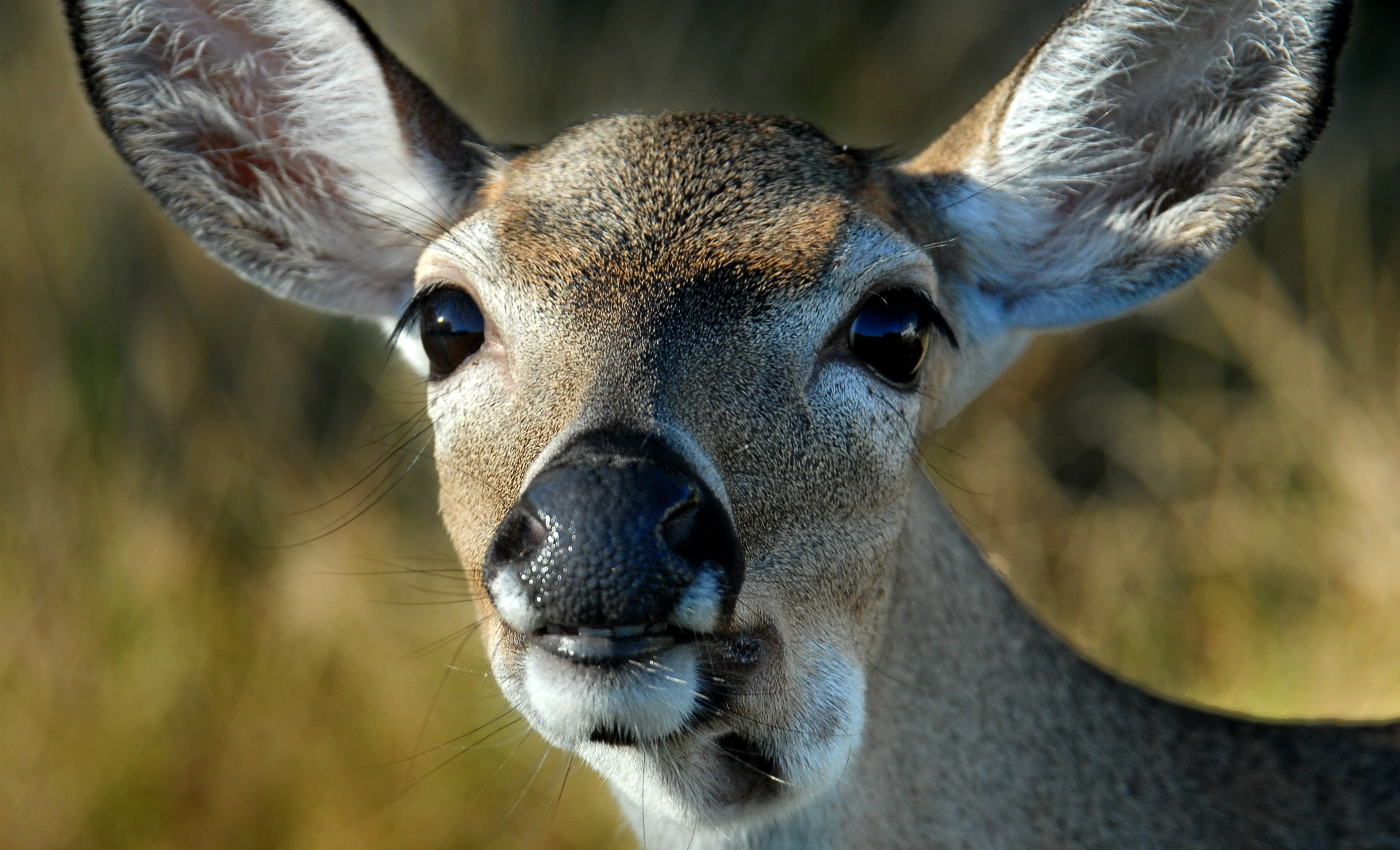
The next day saw us head to the Marquesa Hotel, a luxurious option for travellers set to a backdrop of historic architecture in the Old Town district of Key West, the largest city in the entire island chain. The Marquesa’s grounds, consisting of a lush interior garden and two opulent swimming pools, has won the hotel a number of prestigious accolades over the years, including Conde Nast Traveler’s Gold List of World’s Best Places to Stay. And what’s more, the hotel is just a short walk from the town’s wide array of top-quality restaurants.
Our first night in the city was spent on a catamaran, hosted by Sebago watersports, on which we watched the sun dip below the horizon as we gorged on food and wine, before spotting a handful of dolphins gleefully leaping from the water. And those who would rather not test the resolve of their sea legs can purchase a Key West Pass online, which gives users access to all of the town’s main attractions including the Hemingway House and the Key West Butterfly and Nature Conservatory. There is never a dull moment in this utterly perfect little town.
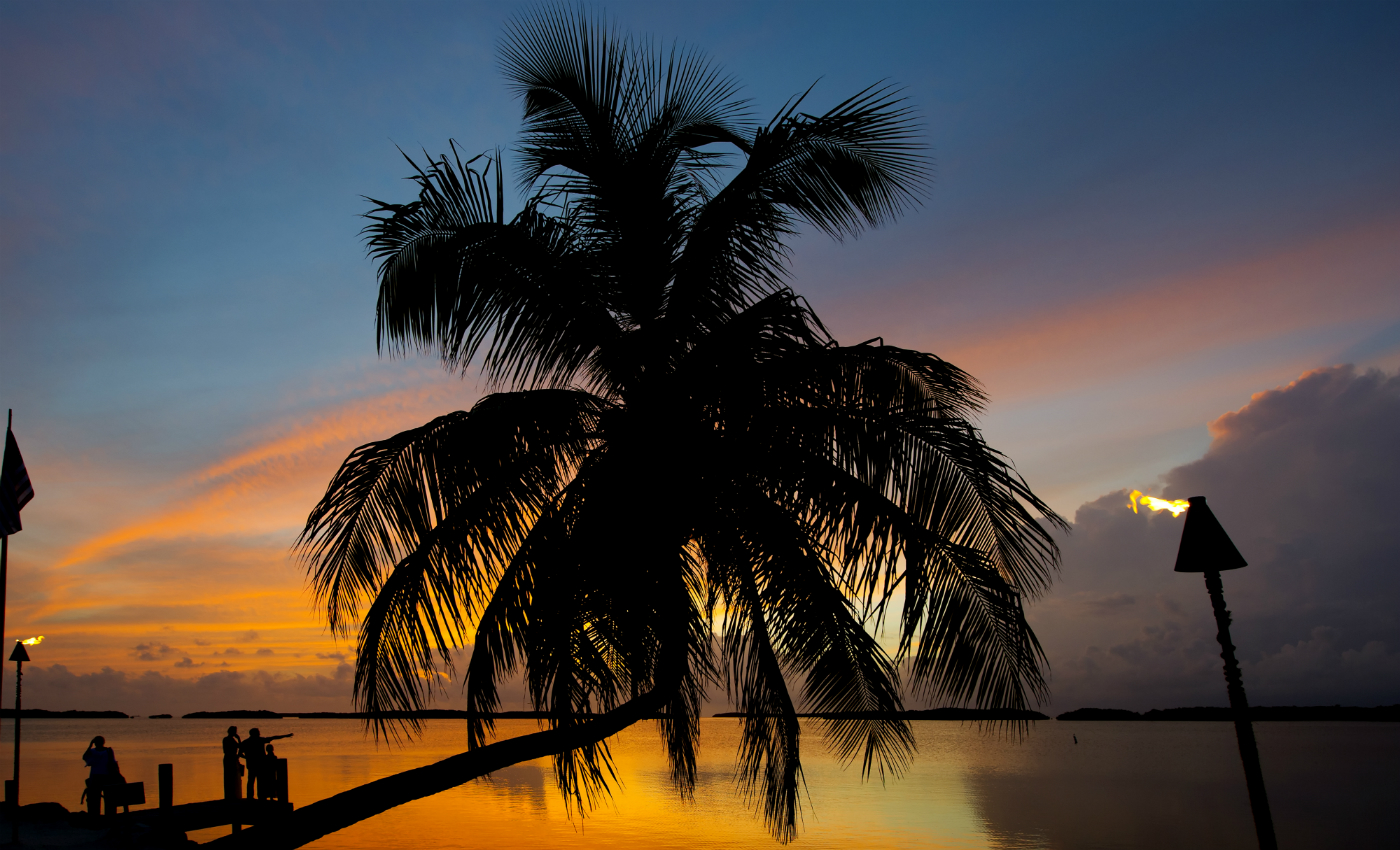
Our final day saw us head back up the archipelago to the island of Marathon to visit the Turtle Hospital, the world’s only state-licensed veterinary hospital dedicated solely to the treatment of sea turtles. This fascinating facility was first opened in 1986 with a mission statement of rescuing and treating injured sea turtles and - when possible - returning them to the wild. Here, we spent the day learning about these adorable creatures and the conservation success stories of which the hospital has been a focal point.
But after an exhausting few days scuttling back and forth along the Keys, our last day came to an end in the aptly named Tranquility Bay Hotel and Resort, situated just next door to our turtle-saving friends on Marathon. A secluded and gloriously quiet hideaway, this was our first hotel stay in which we were facing north, overlooking the scenic waters of Florida Bay rather than the intimidating open Atlantic. The resort’s beach houses are deceptively spacious, each one fitted with well-equipped kitchens and roomy porches, complemented by cottage-style furniture which lends a laid-back charm to the accommodation.
We headed to TJ’s Tiki Bar, the resort’s on-site drinking hole, to cap off our final night with a cocktail or two. And as we sipped our drinks (through paper straws, of course), and looked out over the waters of the Keys which we had come to know so well, we toasted to what had been a life-changing, eco-friendly holiday. Not only had we educated ourselves on marine and coral conservation and done what we could to help save this amazing corner of the planet - we had also made unforgettable memories.
In October 2019, America As You Like It (0208 742 8299, americaasyoulikeit.com) is offering a seven-night trip to the Florida Keys from £1,458 per person. Price includes return flights with Virgin Atlantic from London Heathrow to Miami, two nights at the Islander Resort in Islamorada, one night at the Tranquility Bay Beachfront Hotel & Resort in Marathon, four nights at the Marquesa Hotel in Key West and compact car hire for the duration. Prices are subject to availability at the time of booking, based on two adults sharing room only accommodation.
For more information visit fla-keys.co.uk.
Virgin Atlantic flies daily from London Heathrow to Miami. For further information contact virginatlantic.com or call 0844 2092 770.